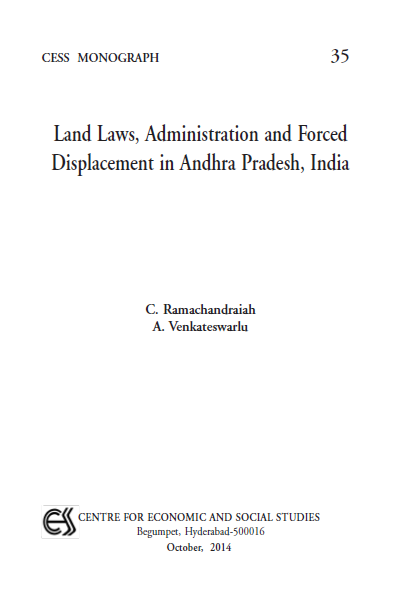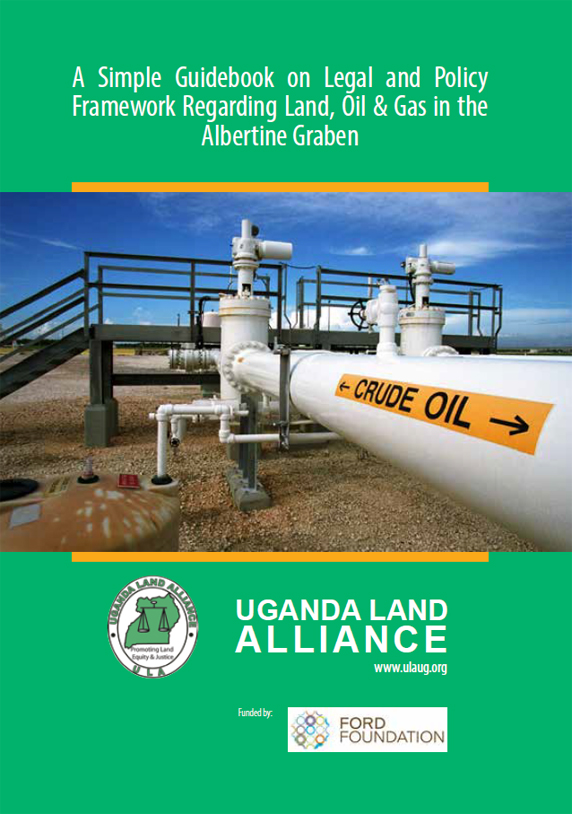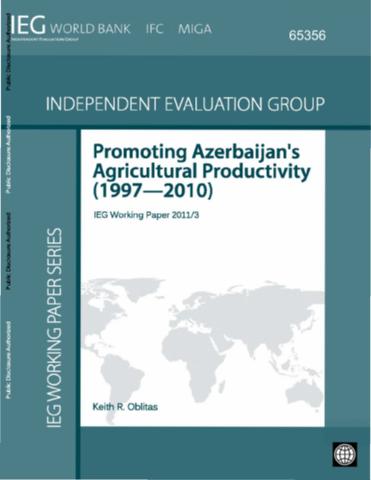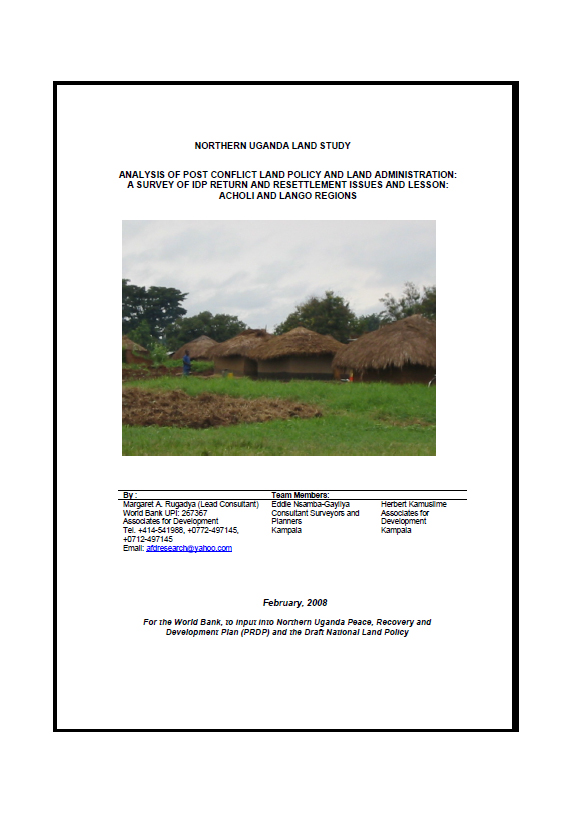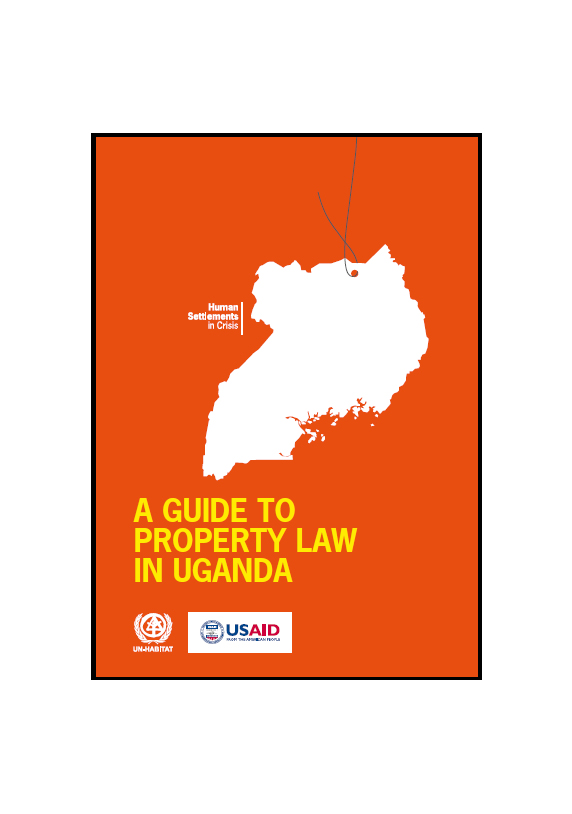Report of the Committee on Lands, Environment and Tourism for the Second Session of the Eleventh National Assembly Appointed on 27th September, 2012
Functions of the Committee
2. In addition to any other duties placed upon it by the Honourable Mr Speaker or any Standing Order or any other order of the Assembly, the duties of the Committee on Lands, Environment and Tourism are as follows:
i. to study, report and make appropriate recommendations to the Government through the House on the mandate, management and operations of the Government ministries, departments and/or agencies under its portfolio;

